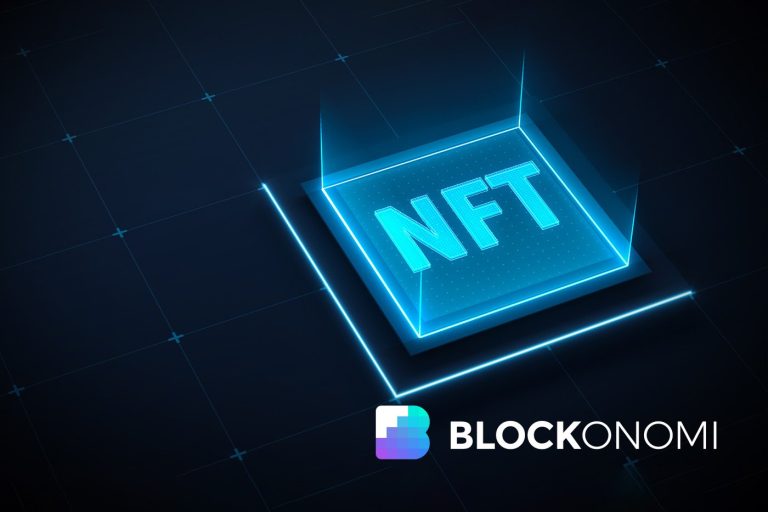
Navigating the Future: Emerging Trends in Fintech Technology
Introduction to Fintech

Fintech, a combination of finance and technology, has been revolutionizing the way we manage our financial transactions, investments, and other related activities. With the rapid advancement of technology, fintech has become a vital part of our daily lives, making it easier, faster, and more secure to conduct financial transactions. In this article, we will explore the emerging trends in fintech technology and how they are shaping the future of finance.
Emerging Trends in Fintech

Fintech is constantly evolving, and several trends are expected to shape the industry in the coming years. Some of the most significant emerging trends in fintech include:
- Artificial Intelligence (AI) and Machine Learning (ML): AI and ML are being used to improve customer service, detect fraud, and provide personalized financial recommendations.
- Blockchain: Blockchain technology is being used to create secure, transparent, and efficient financial systems, including cryptocurrencies and smart contracts.
- Mobile Payments: Mobile payments are becoming increasingly popular, with many fintech companies developing mobile payment solutions that are fast, secure, and convenient.
- Robo-Advisors: Robo-advisors are automated investment platforms that use algorithms to provide personalized investment advice and management.
- Internet of Things (IoT): IoT is being used to develop new financial services and products, such as smart wallets and wearables.
Impact of Fintech on Traditional Finance

The emergence of fintech has disrupted traditional finance, forcing banks and other financial institutions to adapt to the changing landscape. Some of the ways in which fintech is impacting traditional finance include:
- Increased Competition: Fintech companies are providing alternative financial services, increasing competition for traditional banks and financial institutions.
- Improved Customer Experience: Fintech companies are using technology to provide faster, more convenient, and more personalized financial services, raising customer expectations and forcing traditional banks to improve their services.
- Reduced Costs: Fintech companies are using technology to reduce costs, making financial services more affordable and accessible to a wider range of people.
- New Business Models: Fintech is enabling new business models, such as peer-to-peer lending and crowdfunding, which are changing the way people access finance.
Conclusion

In conclusion, fintech is a rapidly evolving industry that is transforming the way we manage our financial transactions, investments, and other related activities. The emerging trends in fintech, including AI, blockchain, mobile payments, robo-advisors, and IoT, are shaping the future of finance and forcing traditional banks and financial institutions to adapt to the changing landscape. As fintech continues to evolve, it is likely to have a significant impact on the way we live, work, and interact with financial systems.






